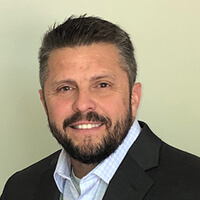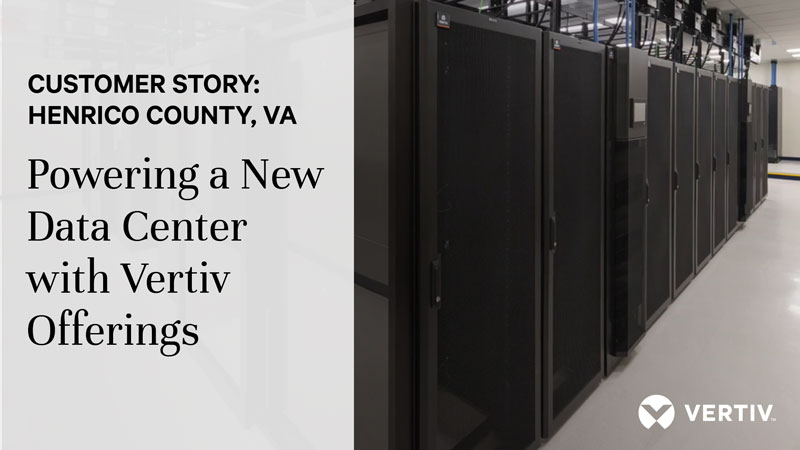Navigating the U.S. Data Center Optimization Initiative (DCOI)
It’s no secret the days of holding onto legacy IT systems are over. Last year's U.S. Executive Order on DCOI has made IT modernization of data centers an issue of “how” and “when,” not “if.” Despite that mandate to modernize, federal government agencies often struggle to transition from legacy facilities and legacy mindsets, largely because of three myths.
Myth #1: “If it ain’t broke, don’t fix it.”
The slow speed of modernization is partly due to the idea that decades-old systems still seem to be working. You may see this mindset in your own agency: If it has served us well for this long, why would we change?
The truth is outdated mindsets and outdated systems carry serious risks. These legacy systems are vulnerable to security breaches and outages. Although the original systems were state-of-the-art when they were installed, both technology and cyber crime have advanced, making it hard for older systems to keep up. If you are using equipment that is approaching or past the manufacturer end-of-life date, there is a greater chance of security and availability risks.
Bottom line: When it comes to most legacy equipment: If it ain’t broke, it’s just a matter of time.
Thankfully, there has never been a better time to modernize. Modular and pre-fabricated solutions are easier and quicker to deploy. Hybrid approaches can provide a customized mix of on-premise traditional IT with private and public cloud resources to improve the security, availability, and performance issues of your outdated legacy systems.
Myth #2: “Modernizing our systems won’t bring us savings and isn’t worth the investment.”
Legacy systems are a money pit. Each year, government agencies spend millions of dollars on service and maintenance for increasingly obsolete systems – money that could be spent on equipment investments and upgrades.
Transitioning away from legacy systems will reduce your total cost of ownership. Today’s IT equipment and infrastructure are more efficient, which will reduce energy costs, and more reliable, which reduces expensive network downtime and service costs. Another benefit: you’ll leave a much smaller environmental footprint.
The up-front investment in modernization can seem daunting, but it doesn’t have to be. Today’s IT infrastructure systems are designed with modularity and scalability in mind, making it easier than ever to manage technology refresh cycles and adjust to changing capacity needs. Modular solutions allow your projects to be tackled in phases to make the investment more palatable. For example, a legacy data center transition might be completed one power or thermal unit at a time, allowing the upgrades to be managed on a schedule that fits your business budget and timeline, but still resulting in the security and efficiency savings needed.
Myth #3: “We can patch our existing system instead of upgrading.”
Though less common, we often hear the myth that firmware patches are the solution to modernization challenges. This type of approach can seem cheaper from the outside, but it actually costs more in the long run. Systems aren’t optimized, which leads to alarmingly low utilization rates and inefficient zombie servers.
More importantly, patches are Band-Aids that don’t address the root issues. Instead, they often create problems with integration and communication/visibility and those issues can lead to outages and security vulnerabilities.
The better approach is to strategically modernize over time through a series of well-planned tech refreshes versus emergency upgrades due to equipment failure or lack of available parts. The process is minimally disruptive to operations, and the end result is much more efficient than a patch.
Bottom line
In all of these myths, we see a common thread – a lack of education on the benefits of modernization and a lack of support along the journey. An undertaking of this scale requires a plan to be successful, and it requires a commitment to the process. A trusted partner or adviser like Vertiv can help dispel these myths in your organization and can smooth the path toward modernization.






